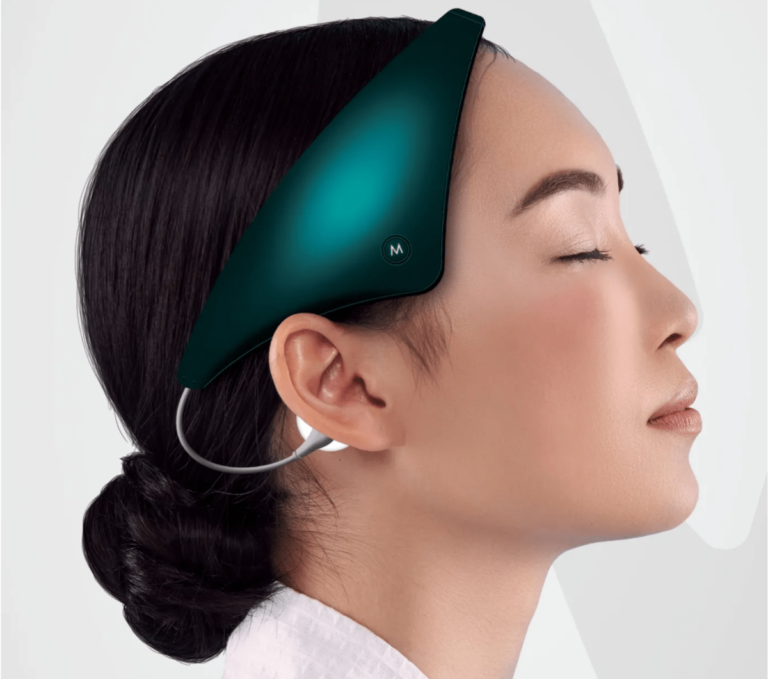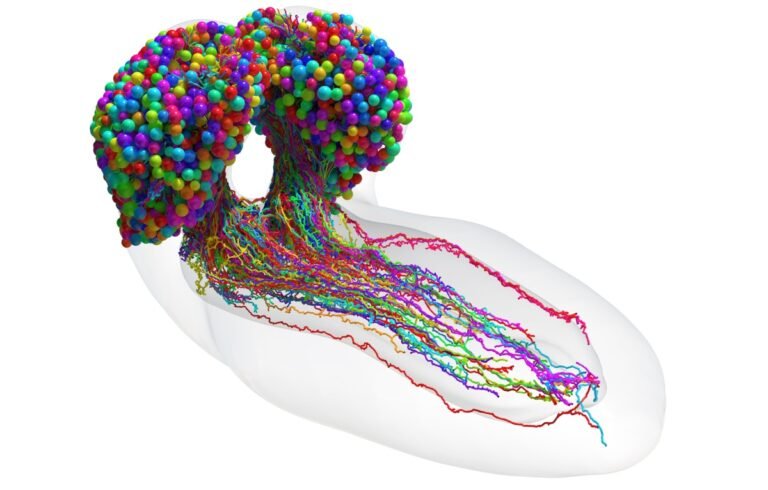FDA Approves Noninvasive Anxiety Treatment from Neurotech Startup Neurovalens

Neurovalens now has two medical devices approved for prescription by doctors in the U.S.: one to treat generalized anxiety disorder (GAD) and another targeting insomnia.
Its GAD device was approved just last week, and its device for insomnia received FDA clearance last October.
But he confirms the company is applying for medical device clearances in the U.K. and EU, too,saying it expects to get its first stamp of approval for doctors in Europe to prescribe its insomnia device as a treatment later this year.
The startup says these are areas of the brain are responsible for functions like metabolic control, stress response and circadian regulation.
Neurovalens is the first company that’s focused on noninvasive direct stimulation of the vestibular nerve, per McKeown.





